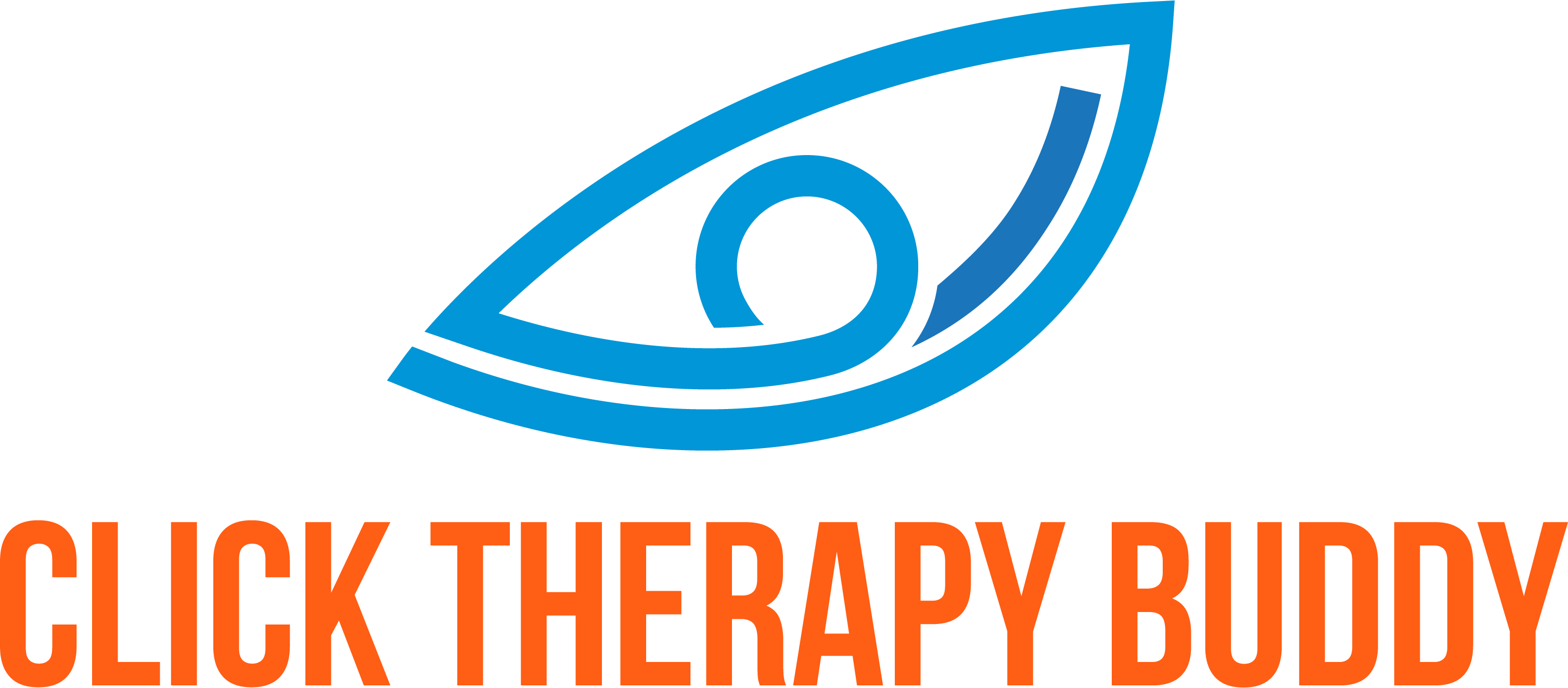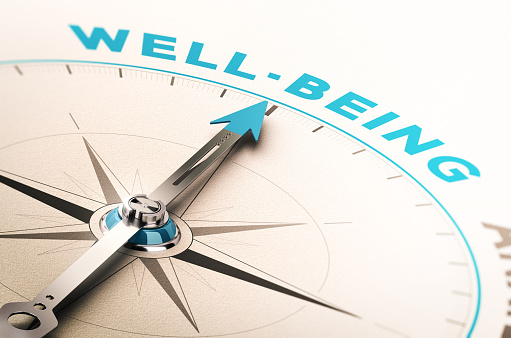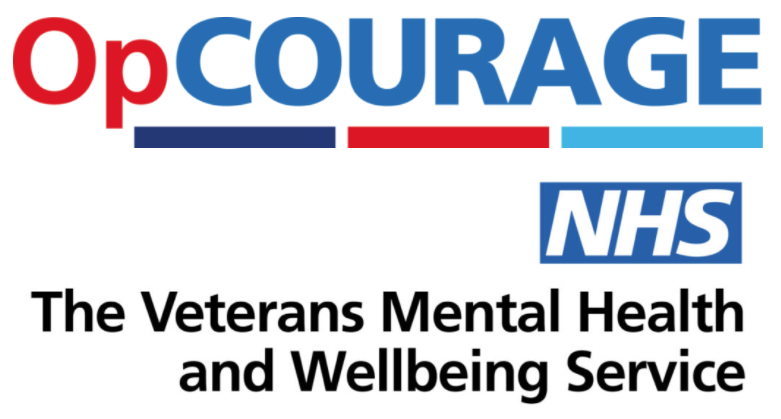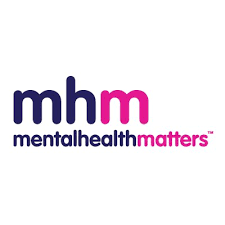Self-Monitoring in Recovery and Relapse Management
Recovery from mental health issues is a deeply personal journey, marked not just by initial treatment but by ongoing management of one’s condition. A key component in maintaining mental health and preventing relapse is self-monitoring. This technique involves regularly checking in with oneself to assess mental, emotional, and physical states, helping individuals recognise potential warning signs of relapse.
What is Self-Monitoring?
Self-monitoring is a self-regulation strategy where individuals actively observe and track their own behaviours, emotions, and symptoms. It’s particularly useful for those recovering from mental health conditions such as anxiety, depression, or addiction. The process empowers individuals by fostering a heightened awareness of their thoughts and feelings, enabling them to manage their symptoms more effectively.
The Benefits of Self-Monitoring
The primary benefit of self-monitoring is that it helps individuals become more attuned to changes in their mental state, allowing them to react proactively when they notice warning signs of a potential relapse. This can mean adjusting coping strategies, seeking support, or modifying treatment plans before issues escalate.
Moreover, self-monitoring contributes to a better understanding of triggers and stressors. By keeping track of when and where difficult feelings or potentially harmful behaviours occur, individuals can identify patterns and work towards mitigating these influences. This ongoing process not only aids in recovery but also contributes to personal growth and self-awareness.
How to Implement Self-Monitoring
- Keep a Daily Journal: Documenting thoughts, feelings, and behaviours daily can help in recognising early warning signs of relapse. Note down any triggers, mood changes, thoughts, and how you respond to different situations.
- Use Technology: Apps and digital tools designed for mental health can aid in tracking symptoms and triggers. These tools often include reminders to check in on your mental state and provide tips for managing symptoms.
- Set Regular Check-ins: Whether it’s a weekly review of your journal or a regular meeting with a therapist, having a routine check-in can help maintain focus on your recovery progress and adjust strategies as needed.
- Educate Yourself: Understanding your condition and the symptoms associated with it can help you better recognise when you might be experiencing a setback. Educational workshops, books, and credible online resources can enhance your knowledge and self-monitoring skills.
- Develop a Response Plan: Knowing what to do when you detect warning signs is crucial. This might include strategies like engaging in relaxation techniques, reaching out to support networks, or consulting with a mental health professional.
Challenges and Considerations
While self-monitoring is a valuable tool, it’s important to approach it with a balanced perspective. Obsessively tracking thoughts and feelings can sometimes be counterproductive, particularly if it leads to increased anxiety or self-criticism. It’s crucial to use self-monitoring as a guide rather than a judgement tool.
Additionally, it’s vital to seek professional guidance when implementing self-monitoring techniques. Mental health professionals can provide support and insights tailored to your specific needs and conditions.
Conclusion
Self-monitoring is a powerful strategy in the toolbox of recovery and relapse prevention. By fostering self-awareness, enhancing understanding of personal triggers, and facilitating proactive management of symptoms, it plays a critical role in navigating the path to long-term wellness. As with any recovery tool, it’s most effective when used judiciously and in conjunction with professional advice and support.


 %nbsp;
%nbsp;  %nbsp;
%nbsp;  %nbsp;
%nbsp;  %nbsp;
%nbsp;  %nbsp;
%nbsp;  %nbsp;
%nbsp;  %nbsp;
%nbsp;  %nbsp;
%nbsp; 